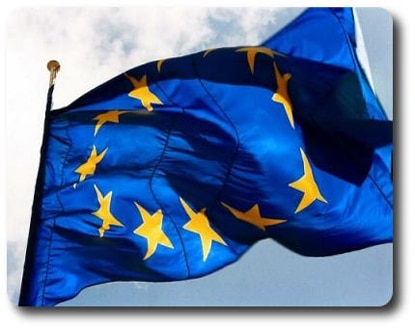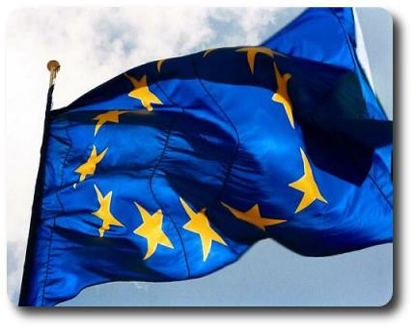The European Neighbourhood Policy (ENP), launched in 2003, aims to rejuvenate the relationship that the enlarged EU maintains with its new neighbors. Relations with Eastern countries have also challenged the way the European Union perceives its external action.
 John O’ROURKE, Head of Division at the European External Action Service (EEAS), will share his experience during a conference tracing the developments of this policy since its implementation, this MONDAY, DECEMBER 2 at 5:30 PM, UFR Law and Political Sciences, Amphitheater 202 at 31 Avenue du Doyen TROTABAS
John O’ROURKE, Head of Division at the European External Action Service (EEAS), will share his experience during a conference tracing the developments of this policy since its implementation, this MONDAY, DECEMBER 2 at 5:30 PM, UFR Law and Political Sciences, Amphitheater 202 at 31 Avenue du Doyen TROTABAS
The Arab Spring was particularly a real challenge for the European Union’s foreign policy, faced with the different positions of its Member States, as well as many tensions and serious coherence issues within the European Commission itself.
Indeed, how to reconcile within this action the development policy, the human rights promotion policy, the defense policy, and especially the immigration policy!
Following the Third Summit of the Eastern Partnership (EaP) held on November 28 and 29 in Vilnius, Mr. John O’ROURKE will share with us the stakes of the “European Ostpolitik” which has allowed an economic and commercial rapprochement with the Eastern European states and the South Caucasus.
This approach faces opposition from Vladimir Putin, who counters the EaP with a customs union project and wishes to establish an “Eurasian Union” by 2015, to reunite the post-Soviet states around the Russian big brother.
The strong pressures exerted by Moscow on Ukraine to disregard the EU’s Eastern Partnership and join the Eurasian Union are an example of this competition. What are the stakes and the prospects for the future?



